Inspite of the contradictions of the democratic process in Africa, it is heartening that succession to power is occurring through the ballot box, and not through the barrel of a gun, and that disagreeable outcomes are challenged in the court, not through overt political violence that does no good to the image of African countries. It is certainly an affirmation of the fact that popular sovereignty resides in the people. The recent Kenyan elections speak to this emergent reality in the continent.
On August 9, 2022, Kenyans went to the poll to elect their leaders across the key structures of government, namely the presidency, parliament, and county. However, much attention was on the presidential election contest between the veteran opposition leader, Raila Odinga, and the incumbent Deputy President, William Ruto. At the end of the vote tally, Mr. Ruto was elected president polling 7, 176,141 (50.49 per cent) of the votes to defeat his rival, Odinga who polled 6,942,930, representing 48.85 per cent of the total votes cast in the election.
Although Mr. Odinga challenged the election results in court and lost at the Kenya Supreme Court which ruled that William Ruto was properly elected president, dismissing several petitions seeking to annul the election’s result, the election has so many implications for the Kenyan polity. The elected president is a bit young signaling some degree of intergenerational change to the Kenyan polity. Besides, the election also marked the broadening of the franchise for the Kenyans as the diaspora and prison inmates voted in the election. Equally, in the parliamentary elections which were held simultaneously, a sizeable number of female candidates won the election to the parliament. According to the National Gender and Equality Commission, Kenyans elected 30 female MPs, more than the 23 that were elected in 2017. In addition, seven female governors were elected, a number above three elected in 2017.
However, the present outcome of the election translates into a continuation of the Kikuyu hegemony in Kenyan politics as well as ethnic animosity between the Kikuyu and the Luo, Odinga’s ethnicity. The inter-ethnic conflict led to the death of more than 1,200 people and forced 600,000 others from their homes in the violence that followed the 2007 elections. Also, it led to the indictment of President Uhuru Kenyatta and his Deputy, Ruto by the Hague-based International Criminal Court (ICC), of crimes against humanity charges related to their alleged role in the post-election violence.
Despite the deployment of electronic assets, it took over nearly a week for the full results of the presidential election to be announced giving room to speculation of result tampering. The absence of unanimity among the commissioners of Kenya’s Independent Electoral and Boundaries Commission (IEBC) has not helped matters. It sort of provided some grounds for the judicial review that Odinga, a fifth-time contestant of the Kenyan presidency, sought in the court of law. To worsen the matter, the seven members of the electoral commission had alleged that the latter stages of the results’ verification process were “opaque”, and accused Mr. Chebukati, chair of the IEBC of acting unilaterally to declare results without unanimity. The commissioners described the announced results as “mathematical absurdity that defies logic” and “the commission is unable to account for over 250,000 votes that were cast in the election excluding voters who voted manually.”
Nevertheless, the IEBC has been praised for the conduct of the election. At the close of the polls on August 9, results were promptly posted on the commission’s online portal for all to see. By the next day, about 80 per cent of results from over 46,000 polling stations across the country had been posted. This development negated controversy over the delay in previous elections.
Again, not many see the resort to the judiciary by Odinga as troublesome. Many observers believe that his incessant recourse to the court of law has helped to improve electoral jurisprudence in Kenya. He is credited to have fought among others for a new constitution passed in 2010. In the present litigation, Odinga has noted that his actions would help deepen democracy in Kenya. In his words: “My decision to file a petition at the Supreme Court to challenge the validity of the election was a statement of my faith in the independence of the judiciary. We did so for the sake of our democracy and for the sake of all Kenyans who wanted to exercise their constitutional right to elect their leaders through free and fair elections.”
By the polls result and the court verdict, Odinga has now lost five elections. At 77, many Kenyans do not fancy him running again for election or even remaining active in opposition politics. Nevertheless, while opposing Monday’s ruling, he said he would continue with the “struggle for transparency, accountability and democracy.” In the statement, he emphasised: “We have taken note of the decision of the Supreme Court on the presidential election held on August 9, 2022. We have always stood for the rule of law and the constitution. In this regard, we respect the opinion of the court although we vehemently disagree with their decision today.
It is noteworthy that in 2017 his legal battle led to a rerun election. Indeed, the Supreme Court annulled the 2017 election and ordered a rerun based on gross “illegalities’’ and “irregularities’’ that occurred in the election that year. No wonder Murithi Mutiga, Africa Director of Crisis Group, observed that “The capacity of Kenya institutions has now outpaced the political culture.”
Following the Supreme Court ruling, Ruto expectedly said he would extend a hand of friendship to his political opponents, and praised the judiciary and the electoral commission for upholding the “will of the people.” Africa looks forward to the country’s political actors, in the process conducting themselves statesmanlike, embracing peace and upholding the rule of law.


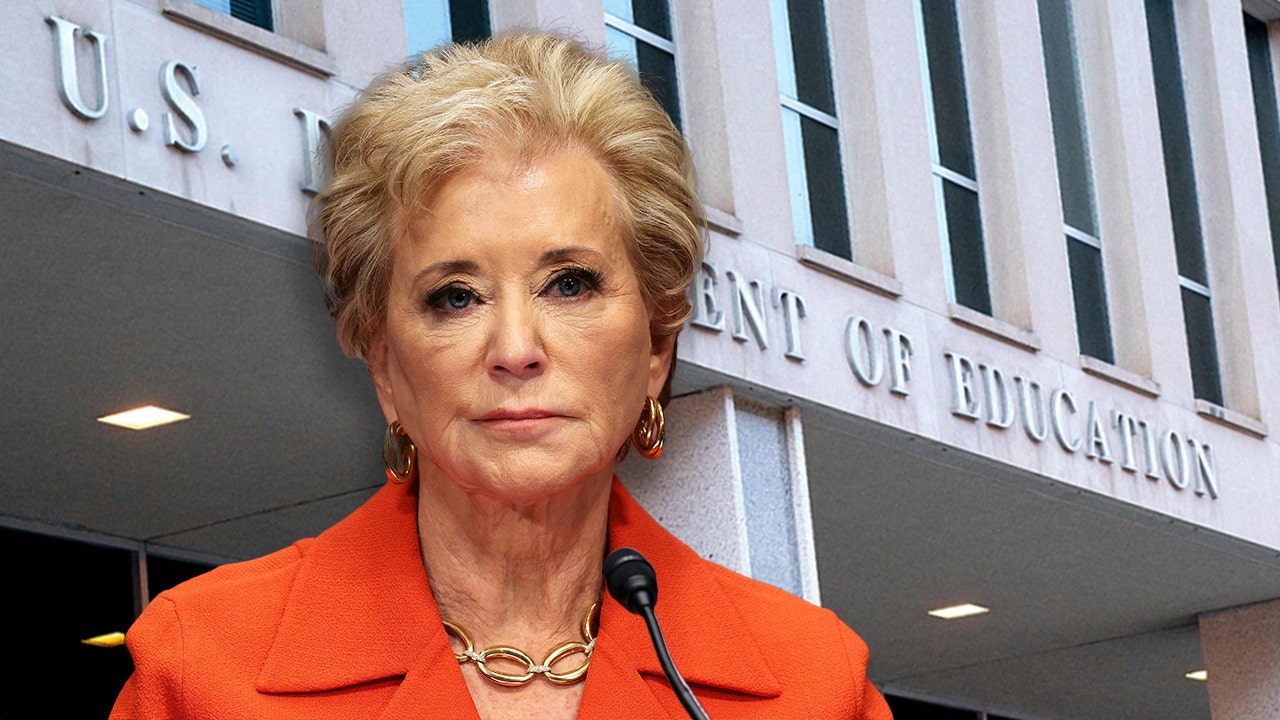


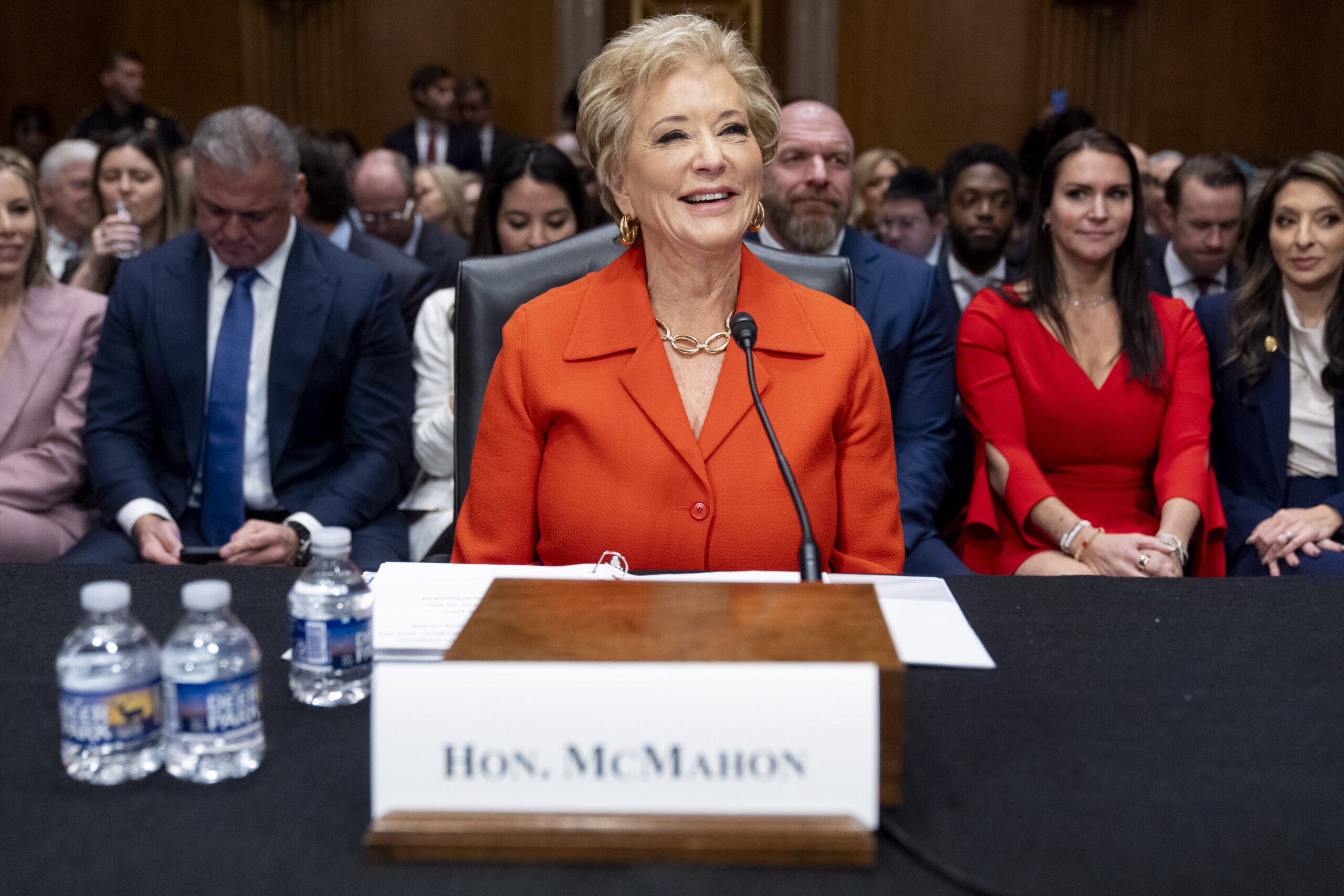


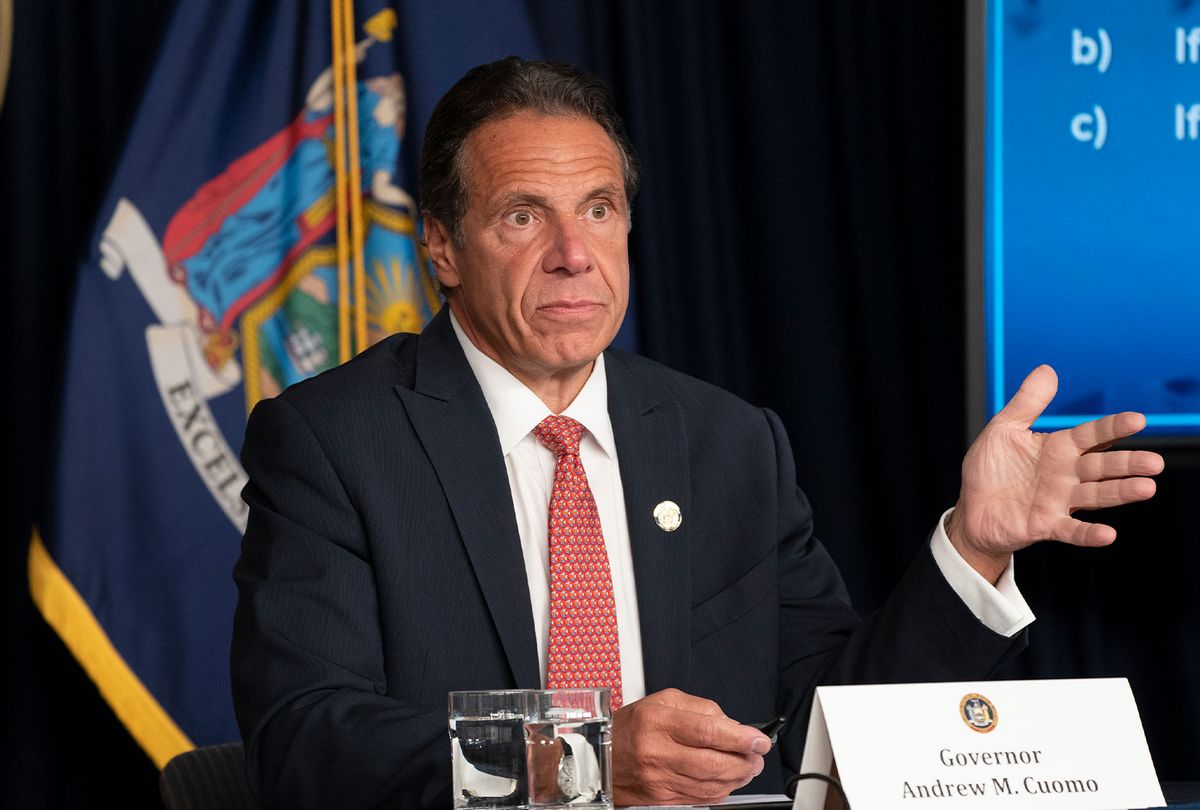





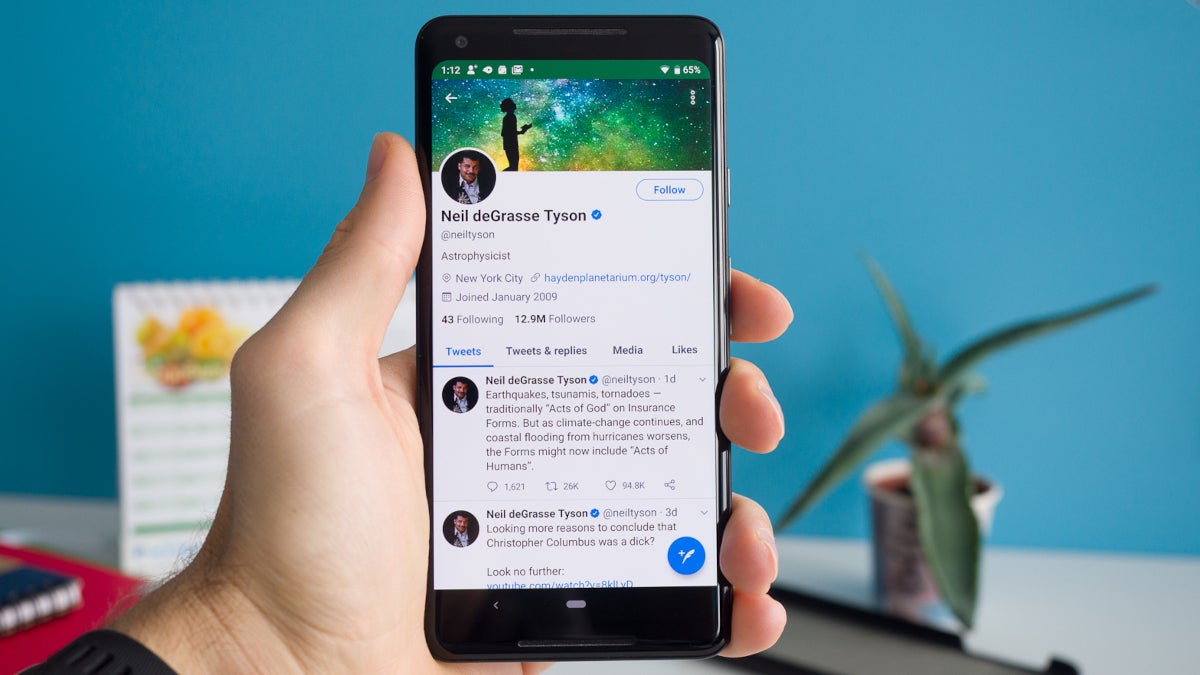


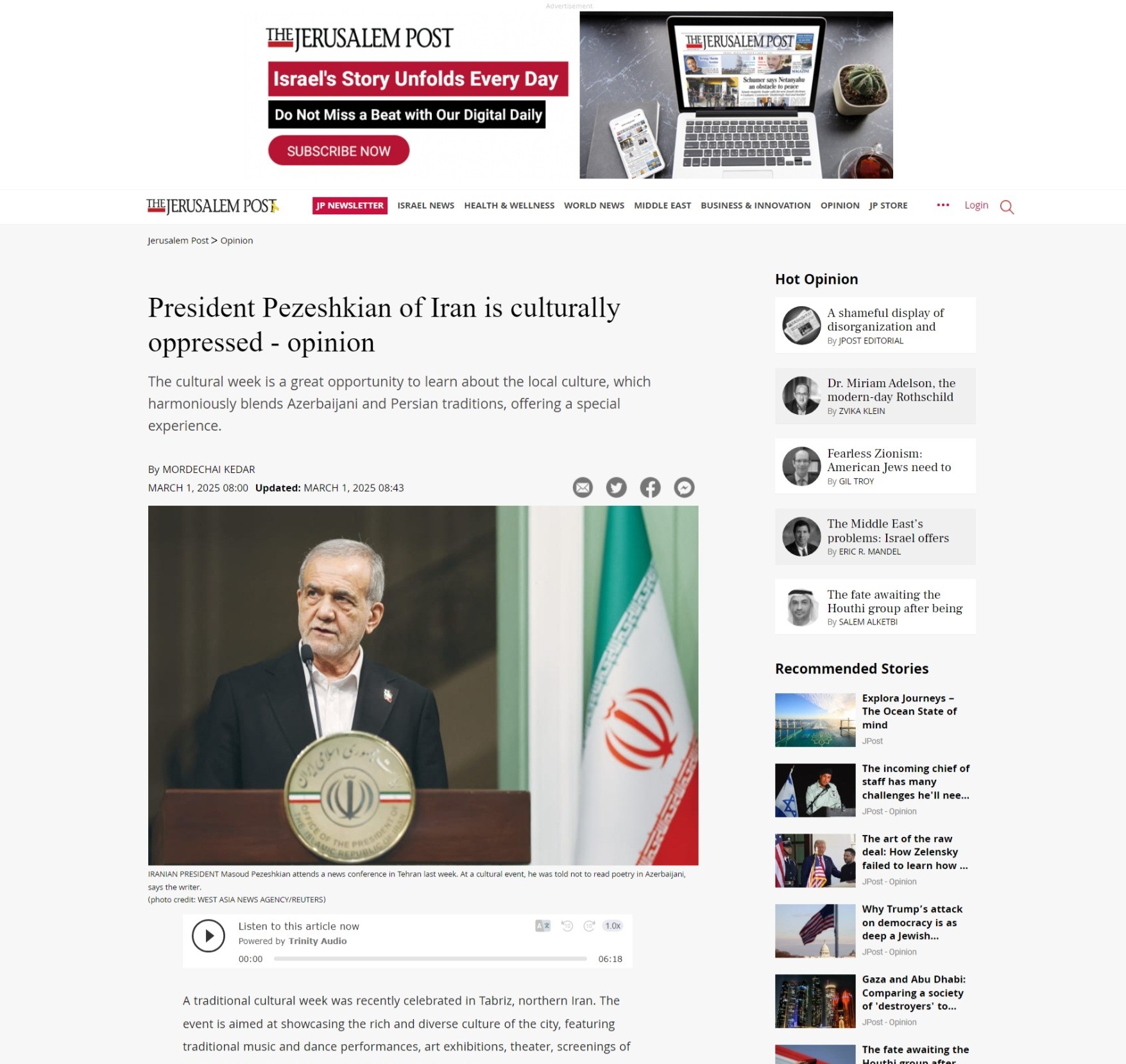


Discussion about this post